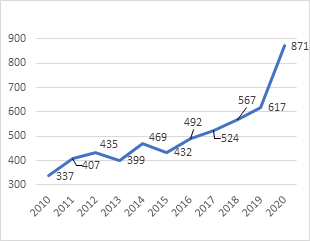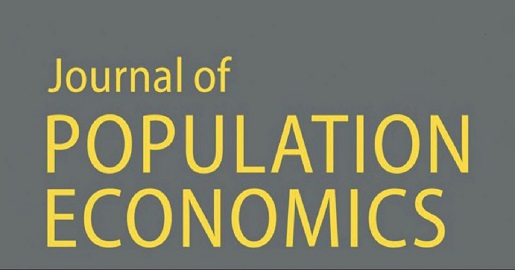A new paper published ONLINE FIRST with free READLINK argues that the rewards and punishments that incentivize religious behavior are more effective for speakers of languages without inflectional future tense.
The Global Labor Organization (GLO) is an independent, non-partisan and non-governmental organization that functions as an international network and virtual platform to stimulate global research, debate and collaboration.
Heaven can wait: future tense and religiosity
by Astghik Mavisakalyan, Yashar Tarverdi and Clas Weber
Published ONLINE FIRST 2021: Journal of Population Economics
FREE ACCESS: Readlink: https://rdcu.be/clovY

Author Abstract: This paper identifies a new source of differences in religiosity: the type of future tense marking in language. We argue that the rewards and punishments that incentivise religious behaviour are more effective for speakers of languages without inflectional future tense. Consistent with this prediction, we show that speakers of languages without inflectional future tense are more likely to be religious and to take up the short-term costs associated with religiosity. What is likely to drive this behaviour, according to our results, is the relatively greater appeal of the religious rewards to these individuals. Our analysis is based on within-country regressions comparing individuals with identical observable characteristics who speak a different language.

EiC Report 2020
Journal of Population Economics
Access to the recently published Volume 34, Issue 3, July 2021.
LEAD ARTICLE OF ISSUE 3, 2021:
The safest time to fly: pandemic response in the era of Fox News
by Maxim Ananyev, Michael Poyker and Yuan Tian
OPEN ACCESS: Free Readlink – Download PDF
Ends;

